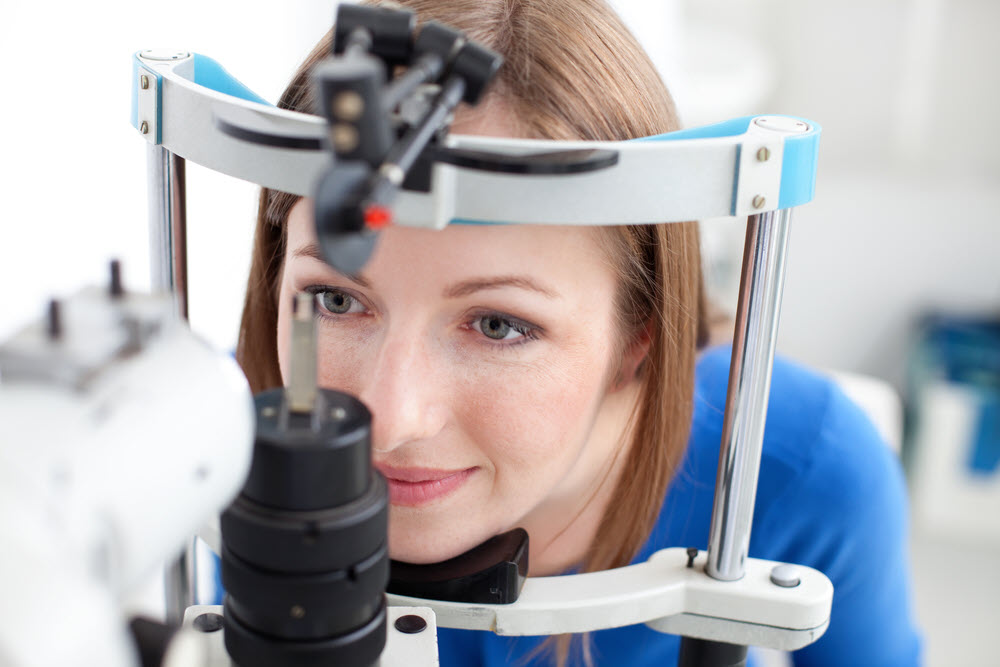Early diagnosis of an eye disease may help prevent vision loss and slow the progression of the disease. There are several specialized eye exams that may be helpful. When Do You Need Specialized Eye Exams?According to the American Academy of Ophthalmology, by the age of 40, all adults should have a complete eye exam, which may include some of the specialized eye tests below. A comprehensive eye exam helps your eye doctor determine a baseline for your vision and eye health. That way, your doctor will know if any issues are progressing. Not everyone should wait until they are 40 years old. People that are at high risk for eye disease or vision issues, such as those with diabetes or a family history of eye problems, may need to have a complete eye exam before age 40. It’s best to talk with your doctor to determine the best schedule for comprehensive eye exams. Types of Specialized Eye ExamsSome of the specialized eye exams may be performed as part of a comprehensive exam to check for any potential problems. In other cases, exams may be done based on symptoms or your risk of certain eye diseases. Below are some specialized eye exams that may be recommended.
The specialized eye tests above can play a critical role in determining eye issues. These tests allow your doctor to identify problems on the surface of the eye, the back of the eye, and inside the eye. If an eye disease is diagnosed, it improves the chances of maintaining your vision if you find it early. If you have any questions about specialized eye tests or you would like to schedule an appointment, please call our office at 508-746-8600. Comments are closed.
|
EYE HEALTH BLOGCategories
All
Archives
July 2024
|
|
Kadrmas Eye Care New England
55 Commerce Way, Plymouth, MA 02360
14 Tobey Road, Wareham, MA 02571 133 Falmouth Road (Rt 28), Mashpee, MA 02649 |
Phone Number:
1-508-746-8600 Hours: Monday through Friday — 8 AM – 4:30 PM |


 RSS Feed
RSS Feed
